$TSLA $PCRFY $BTC
#Tesla #Panasonic #Energy #China #Batteries #USMarket #SupplyChain #ElectricVehicles #RenewableEnergy #Geopolitics #Manufacturing #EVMarket
Tesla’s major battery supplier, Panasonic Energy, has unveiled its strategy to decrease reliance on China for its US battery supply chain, positioning this goal as its “No. 1 objective.” This decision comes amid increasing geopolitical tensions and trade disputes between the US and China, as well as a push by global companies to diversify supply chains in response to evolving regulatory frameworks such as the US Inflation Reduction Act (IRA). By reducing dependence on China, Panasonic aims to align its supply chain strategy with US government incentives that promote domestic production and sourcing of critical materials.
This shift could have profound implications for Tesla and other EV manufacturers relying heavily on Chinese-manufactured battery components. Panasonic Energy’s effort to localize and secure its supply chain within the US, or with allied countries, aligns with global trends favoring domestic manufacturing to ensure greater resilience and sustainability. Furthermore, Panasonic’s move might accelerate Tesla’s ability to qualify for IRA-related EV tax credits, which require a substantial portion of battery components to be sourced or manufactured in the US or its trade allies. These regulatory frameworks are expected to shape the financial and operational strategies of automakers and their suppliers over the coming years.
From a financial perspective, Panasonic’s commitment to reducing dependence on China could translate into higher operational costs in the short term, as alternatives to China-based production often come at a premium. However, the strategic benefits of reduced exposure to geopolitical risks and enhanced access to US government incentives could outweigh these initial costs. Investors will closely watch Panasonic’s efforts for potential impacts on its margins, as well as how this decision influences Tesla’s costs and pricing strategies. Both companies could benefit from a surge in demand for electric vehicles and renewable energy products that rely heavily on advanced battery technologies, particularly as consumer trends and government policies strongly favor sustainable energy solutions.
On a broader market scale, Panasonic’s announcement underscores the increasing focus on supply chain diversification across the EV and renewable energy industries. Strategies like these not only mitigate risks associated with over-reliance on China but also align with broader trends towards ESG (environmental, social, and governance) investing. Companies involved in the EV supply chain, including raw material miners and US-based battery manufacturers, may experience increased investor interest and capital inflow. As decarbonization and green energy policies take center stage globally, this could drive the valuations of companies actively reducing geopolitical dependencies. Panasonic’s progress on this strategy will be a closely watched indicator for global supply chain shifts and the broader EV market’s evolution.


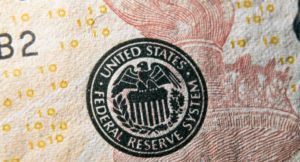

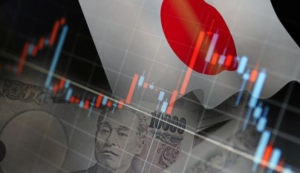
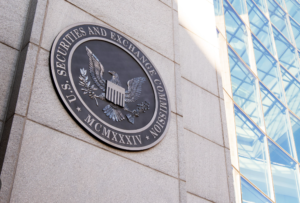
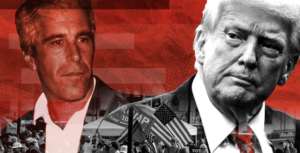

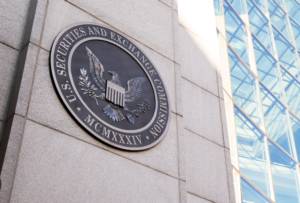
Comments are closed.